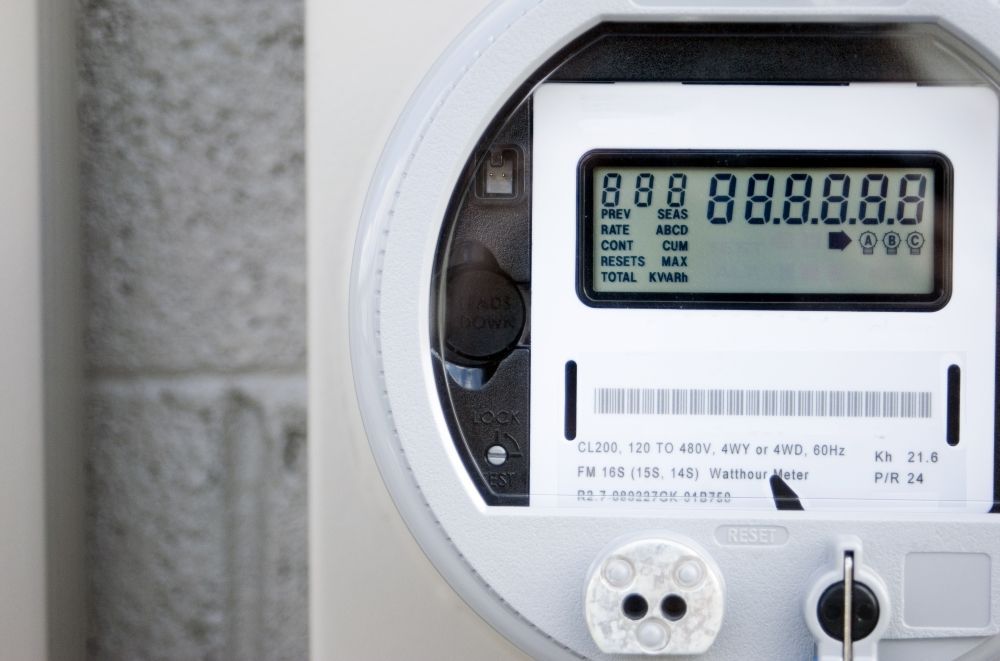Energy prices are now the biggest concern for businesses, according to a new report from npower Business Solutions (nBS).
In a survey of 200 large businesses, 77% put energy costs as their biggest concern followed by 72% identifying the ongoing recovery from Covid-19. Nine out of ten businesses predict their energy costs will increase over the next 12 months, and 80% have reported that energy is now a board-level issue.
The Business Energy Tracker report has been released just after Cornwall Insight updated its forecast for the upcoming winter price cap period, raising it to nearly £3,000 – a jump of over 50% on the summer price cap – as geopolitical barriers show “no sign of abating”.
Companies are now urging the government to do more to protect them from the impact of the energy crisis, with 82% believing more needs to be done in terms of policy and incentives, and 21% believing that nothing is being done to help them at all currently.
“Businesses are currently facing huge challenges, and are emerging from two years of upheaval into even more uncertainty. Rising inflation, the reduction in government pandemic support and increased energy market volatility are all having an impact on confidence,” said Anthony Ainsworth, chief operating officer at nBS.
“While some progress has been made, the message coming through loud and clear from this research is that current policy is not doing the job it needs to do to support businesses at a time when energy is their biggest concern.”
Businesses are taking a proactive approach to the current crisis according to nBS’s survey, with more than half (55%) stating that sustainability measures such as energy efficiency and management are their most important investment priority over the next year.
Given the strain of the surging power prices, nearly half (49%) of those surveyed believe the energy crisis will harm progress towards net zero, and while two thirds (67%) think net zero by 2050 is still achievable, nine in ten (93%) are concerned about the potential cost impact of funding the low-carbon transition on their business.
This final point is a significant increase from nBS’s Business Energy Tracker report in 2020, when under half (46%) were concerned over the potential economic impact on their businesses of funding the transition.
“While businesses are navigating multiple pressures and increased costs, we are also being warned that the next ten years must be a ‘decade of delivery’ when it comes to climate change and hitting our net zero emissions target by 2050,” said Ainsworth.
“This research shows that businesses back net zero, and they recognise the environmental, commercial and reputational benefits it can bring, However, the current pressures mean that confidence is starting to wane. If the government wants to keep the support of businesses to help them achieve their net zero targets, then they need to intervene now with policies to support them.”





